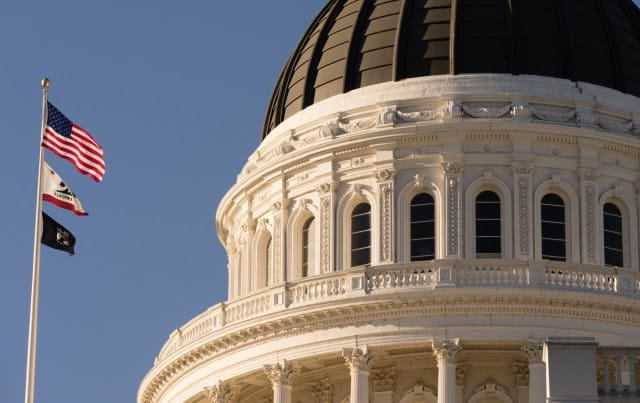California’s Taxation Tug-of-War Intensifies
As Californians navigate the financial obligations of tax season, the broader conversation about the state’s taxation landscape intensifies. The collective tax bill for individuals and businesses in California is staggering, with approximately a half-trillion dollars paid in federal taxes and an equivalent amount to state and local governments annually.
According to the Tax Foundation, California’s per capita state government tax is the highest in the nation at $7,200. This figure contributes to the state’s ranking as the fifth highest in taxes as a percentage of its economy, which is 13.5% of its $4 trillion GDP.
The current fiscal climate, marked by a significant budget deficit, has fueled a contentious debate over taxation. This year, three statewide ballot measures could potentially reshape California’s tax policy. While progressive factions, supported by public employee unions, argue for new taxes to sustain essential services, Governor Gavin Newsom opposes tax increases, favoring budgetary adjustments and reserve funds to bridge the fiscal gap.
Public sentiment on tax burdens has shown signs of growing frustration, as highlighted by recent polls from UC Berkeley’s Institute of Governmental Studies and the Public Policy Institute of California. This discontent was reflected in the 2020 rejection of a ballot measure aimed at amending Proposition 13 to increase taxes on commercial property.
In response to this resistance, business and anti-tax groups have successfully placed a measure on the November ballot that would impose more stringent requirements for enacting tax increases. This initiative seeks a two-thirds majority for local tax hikes and mandates voter approval for state tax increases, challenging a Supreme Court ruling that allows simple majority votes for local taxes proposed via initiative.
The measure has sparked a legal battle with Governor Newsom and pro-tax advocates, who are challenging its constitutionality. The outcome of this dispute rests with the state Supreme Court’s decision on whether to take on the case.
Meanwhile, the Legislature has countered with its own ballot measures—one that would demand a two-thirds voter approval for the business tax limit measure and another that could lower the vote threshold for local tax and bond measures funding housing and infrastructure projects.
This escalating conflict over taxation is a continuation of a debate that began with the passage of Prop. 13 nearly fifty years ago. With billions of dollars at stake, both sides are preparing for a costly battle over these intertwined ballot measures.






